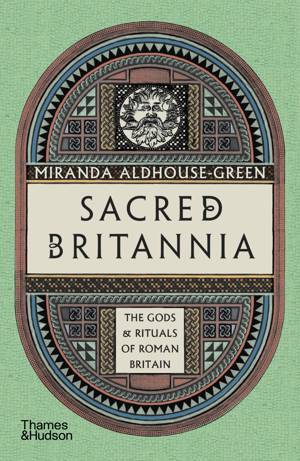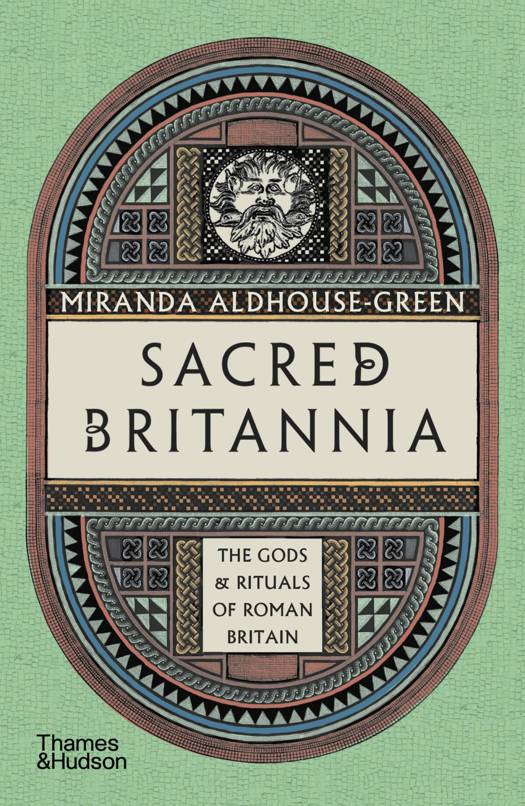
- Retrait gratuit dans votre magasin Club
- 7.000.000 titres dans notre catalogue
- Payer en toute sécurité
- Toujours un magasin près de chez vous
- Retrait gratuit dans votre magasin Club
- 7.000.0000 titres dans notre catalogue
- Payer en toute sécurité
- Toujours un magasin près de chez vous
20,95 €
+ 41 points
Format
Description
Two thousand years ago, the Romans sought to absorb into their Empire what they regarded as a remote, almost mythical island on the very edge of the known world – Britain. The expeditions of Julius Caesar and the Claudian invasion of AD 43, and the continuing Roman presence up to the 5th century AD, brought fundamental and lasting changes to the island. Not least among these was the introduction of a new pantheon of Classical deities and religious systems, along with a clutch of exotic Eastern cults including Christianity. But what of Britannia and her own home-grown deities? What cults and cosmologies did the Romans encounter, and how did they react to them? Under Roman rule, the old gods and their adherents were challenged, adopted, adapted, absorbed and reconfigured.
In Britain no inscriptions predate the Roman period, apart from brief coin-legends, and the divine imagery that adorned temples in the Roman world was largely lacking. But with the Romans, religion becomes much more visible. In this fresh and innovative new account Miranda Aldhouse-Green balances literary, archaeological and iconographic evidence (and scrutinizes their shortcomings) to illuminate the complexity of religion and belief in Roman Britain, and the two-way traffic of cultural exchange and interplay between imported and indigenous cults.
Despite the remoteness of this period, on the cusp between prehistory and history, many of the forces, tensions, ideologies and issues of identity at work are still relevant today, as Sacred Britannia skilfully reveals.
In Britain no inscriptions predate the Roman period, apart from brief coin-legends, and the divine imagery that adorned temples in the Roman world was largely lacking. But with the Romans, religion becomes much more visible. In this fresh and innovative new account Miranda Aldhouse-Green balances literary, archaeological and iconographic evidence (and scrutinizes their shortcomings) to illuminate the complexity of religion and belief in Roman Britain, and the two-way traffic of cultural exchange and interplay between imported and indigenous cults.
Despite the remoteness of this period, on the cusp between prehistory and history, many of the forces, tensions, ideologies and issues of identity at work are still relevant today, as Sacred Britannia skilfully reveals.
Spécifications
Parties prenantes
- Auteur(s) :
- Editeur:
Contenu
- Nombre de pages :
- 256
- Langue:
- Anglais
Caractéristiques
- EAN:
- 9780500297261
- Date de parution :
- 30-07-23
- Format:
- Livre broché
- Dimensions :
- 129 mm x 198 mm
- Poids :
- 266 g

Les avis
Nous publions uniquement les avis qui respectent les conditions requises. Consultez nos conditions pour les avis.






